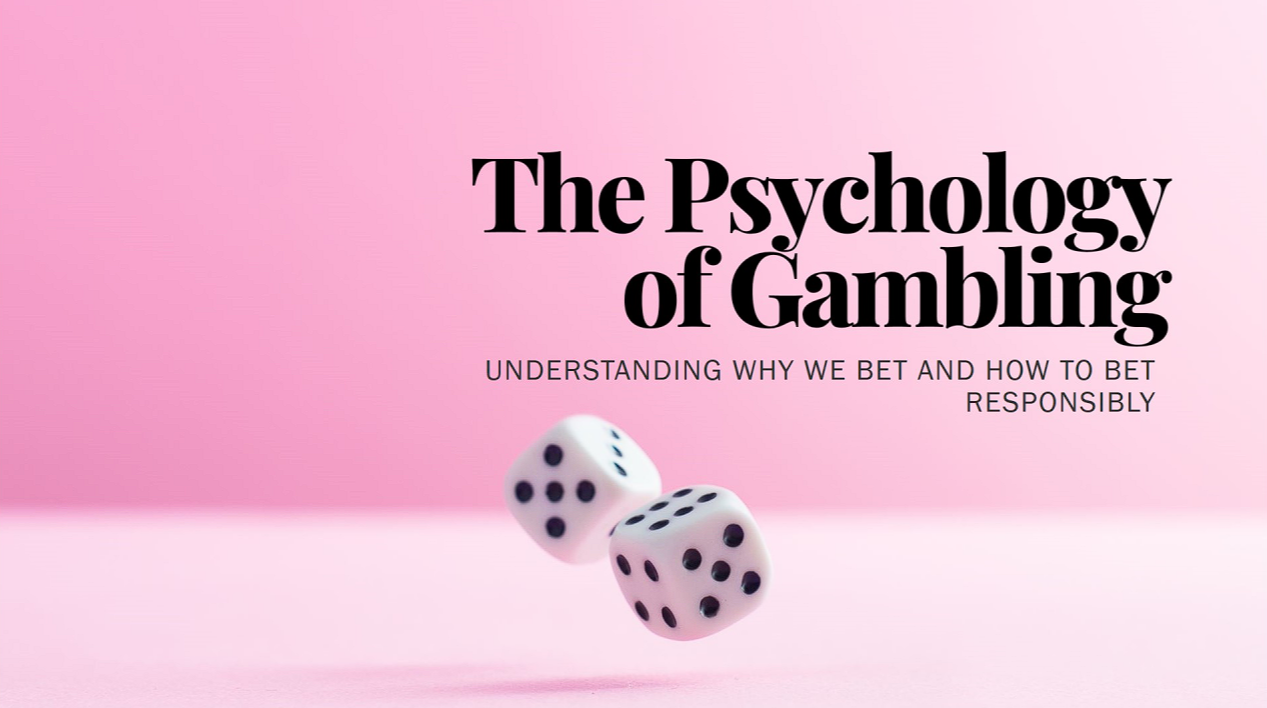Understanding the psychology behind betting is crucial for both novice and experienced bettors. The way we think, feel, and behave can significantly influence our betting decisions, ultimately affecting our success. This article dives into betting psychology, exploring key concepts that can help gamblers develop a healthier and more informed approach to wagering.
The Importance of Psychology in Betting
Betting is not just about statistics or odds; it also involves emotional and cognitive factors. Here are some reasons why understanding betting psychology is essential:
- Improved Decision-Making: By being aware of psychological influences, bettors can make better choices.
- Emotional Control: Understanding emotions helps in managing reactions during wins and losses.
- Long-Term Strategy: Psychology can inform strategies that enhance the chances of long-term profitability.
Common Psychological Traps for Bettors
Awareness of common psychological pitfalls can help bettors avoid decisions that may lead to losses. Key traps include:
1. Gambler’s Fallacy
The gambler’s fallacy is the belief that past events influence future outcomes in a random game of chance. For instance:
- A bettor may think that a team that has lost several games is due for a win, leading to irrational betting behavior.
- Recognizing that each game or round is independent can mitigate misguided beliefs.
2. Overconfidence Bias
Many bettors overestimate their knowledge and skill, leading to risky wagering. Indicators of overconfidence include:
- Ignoring statistics and trends in favor of gut feelings.
- Failing to seek advice or do research, believing one’s intuition is sufficient.
3. Chasing Losses
After experiencing losses, it’s common to chase those losses by placing larger bets in an attempt to recover. This can lead to:
- Increased financial risk and potential for even greater losses.
- A deteriorating mindset that can cloud judgment.

Developing a Betting Strategy with Psychology in Mind
Creating a sound betting strategy involves integrating psychological awareness. Here are steps to develop a systematic approach:
1. Establish Clear Goals
Setting specific, measurable, achievable, relevant, and time-bound (SMART) goals can guide your betting focus. Consider:
- What do you want to achieve? (e.g., a specific profit margin or ROI)
- How much time are you willing to dedicate to research and betting?
2. Maintain a Betting Journal
Documenting your betting activities can provide insights into your psychological patterns. Include:
- Bets placed, outcomes, and the reasoning behind each wager.
- Emotional state during betting sessions to identify triggers.
3. Implement Bankroll Management
Effective bankroll management is crucial in betting psychology. Follow these tips to manage your finances:
- Set a Separate Bankroll: Allocate a specific amount of money for betting.
- Determine Unit Size: Decide on a consistent betting unit, typically 1-5% of your bankroll.
- Stick to Your Limits: Resist the temptation to deviate from your preset limits, even during winning or losing streaks.
The Role of Emotions in Betting
Emotions play a significant role in decision-making, and understanding their impact can lead to more rational betting. Key emotions to consider include:
1. Excitement and Thrill
Many bettors are drawn to the excitement of gambling. However, this can lead to:
- Risky bets fueled by adrenaline rather than logic.
- Ignoring research and data, resulting in impulsive actions.
2. Frustration and Anger
After a loss, emotions such as frustration and anger can lead to poor decisions. It’s essential to:
- Take breaks during high-stress times to regain composure.
- Avoid placing bets while feeling emotionally charged.
3. Happiness and Euphoria
Winning can lead to euphoria, which might cloud judgment. Be mindful of:
- The inclination to increase bet sizes after a big win.
- The potential for developing overconfidence, leading to reckless wagers.
Conclusion
Betting psychology plays a vital role in shaping the decision-making processes of gamblers. By recognizing psychological traps, establishing sound strategies, and managing emotions effectively, bettors can create a more enjoyable and profitable betting experience. Armed with this understanding, you can approach betting with greater awareness and discipline, leading to long-term success.




